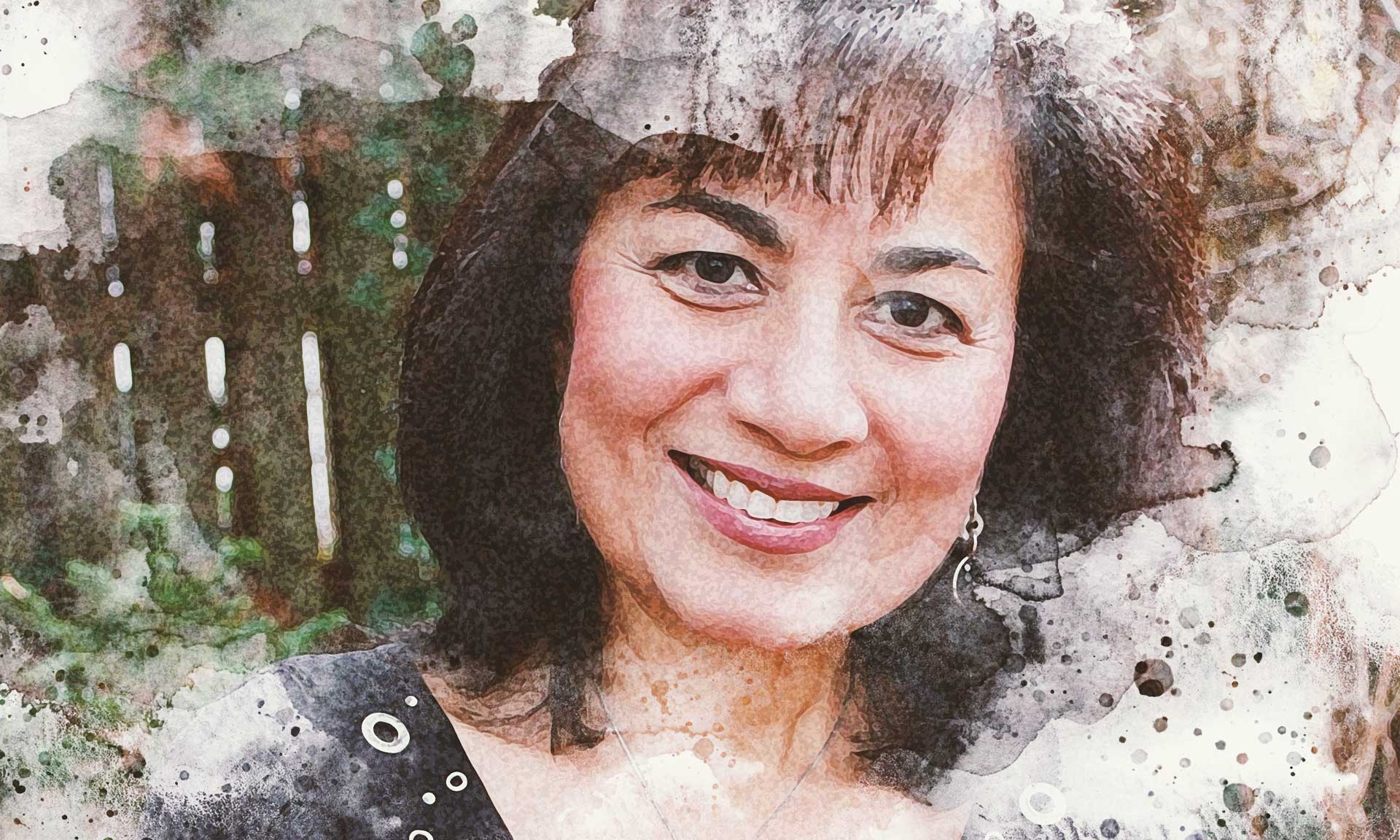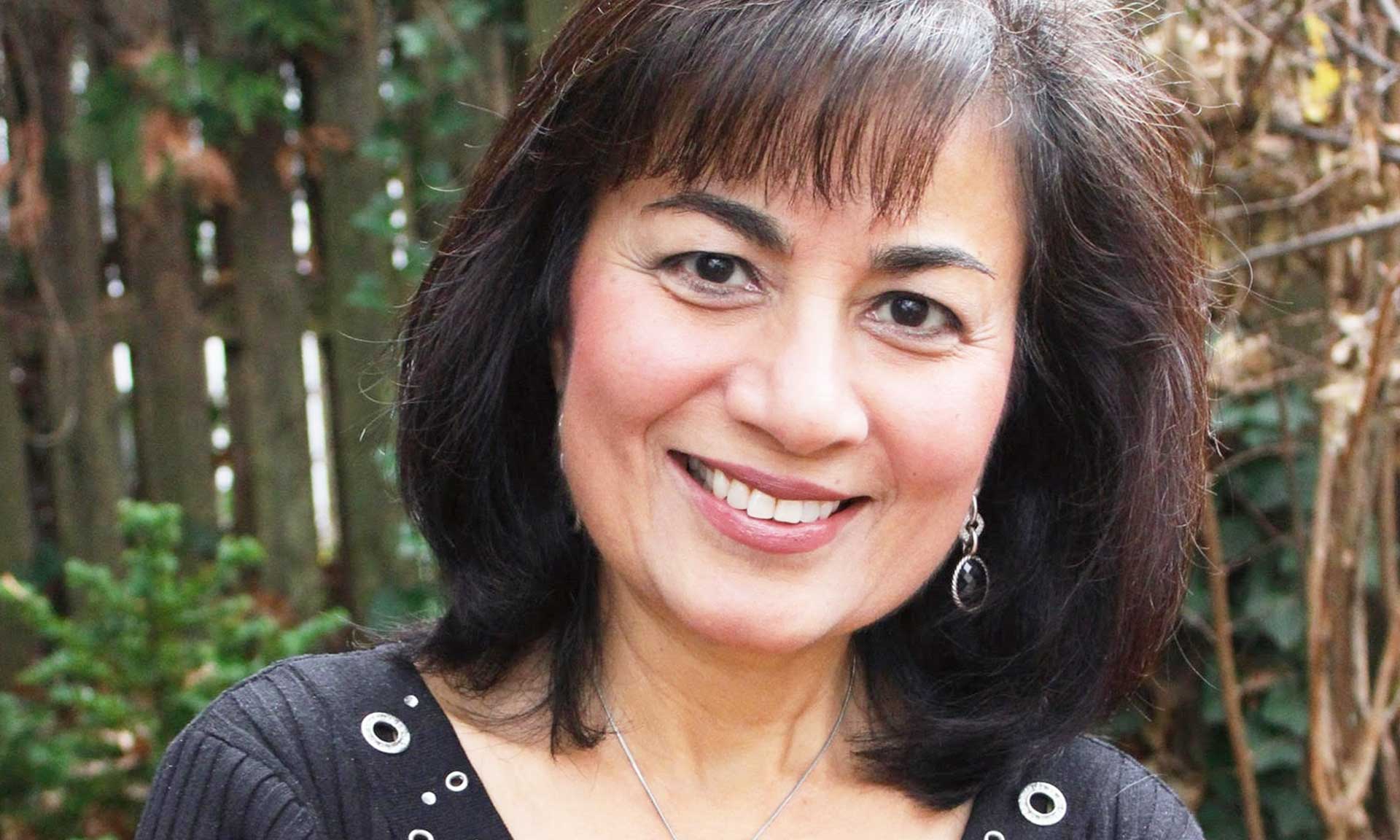

HEALTH OUTSIDE THE HOSPITAL
HICCC community advocate, Ginny Mantello, MD, brings strategies for cancer prevention to Staten Island.



Health Outside the Hospital
HICCC community advocate, Ginny Mantello, MD, brings strategies for cancer prevention to Staten Island.

Meet Ginny Mantello, MD, a member of the Herbert Irving Comprehensive Cancer Center’s (HICCC) Community Advisory Board and director of Health and Wellness at the Office of Staten Island Borough President. Under her civic leadership and her partnership with the HICCC’s Community Outreach and Engagement Office, Dr. Mantello is working to promote health education efforts focused on skin cancer and human papillomavirus (HPV) related cancers and prevention on Staten Island, where the incidence rate for melanoma is substantially higher and HPV vaccinations rates are lower compared to the rest of New York City.
Can you update us on your work with collaborators at the HICCC through the new skin cancer and HPV awareness grant?
With the HICCC, I have been pulling various healthcare and community-based partners together to educate them our sun safety programs and HPV vaccination initiatives. We have also had a legislative forum for our elected officials and their staff and dropped off educational materials for their constituents. I have also invited the HICCC to participate in dozens of Health fairs and community events over the past 3 years and provided educational materials to all of our Federally Qualified Health Centers and community clinics.
For our clinical partners, we want to get some of the work that Dr. Melissa Stockwell has done around using text message reminders as a way to get more parents back to the clinics to complete their child’s HPV vaccinations out to more people. Additionally, I am also connecting large Staten Island agencies that organize summer programs or afterschool programs—mainly outdoor programs for students—to the HICCC so that we can educate them on sun safety and skin cancer prevention and provide them resources like sun block, lip balm, and even umbrellas for shade.
I have also helped organize grand rounds on HPV at our two local hospitals, Richmond University Medical Center and Staten Island University Hospital, with Dr. Ashley Stephens [assistant professor of pediatrics at Columbia] in both medicine and pediatrics so that residents can get trained. We hope that educating the doctors on the new guidance as well as the role of the vaccine in cancer prevention will help change the narrative and improve vaccination rates on Staten Island.
Connecting people seems central to what you do.
I’m a big proponent of the collective impact model. This is a model that we use a lot for our coalition-building work, and it is all about bringing people together from different sectors, aligning them towards a common agenda, having constant communication, and using a data-driven approach. I think of it as “If you want to go fast, go alone, but if you want to go far, go together.”
And, that’s why community outreach is so key.
I say this all the time: What happens in a hospital is not health care, it's sick care. Health happens outside the hospital in the community. To keep people healthy, you have to meet them where they are and make the healthy choice the easy choice for them.
If we see our doctors once a year and most of the rest of the year, 364 days, we are on our own, then beyond some of the social determinants and environmental factors, it's individual lifestyle choices, it’s education, and the work of the community-based organizations, all of these things that collectively have a major impact on our health.
I believe it is very important to build trust in the community and to keep the community informed of the reliable and trusted resources available to them. We also need to constantly drive the message about the importance of health and wellness, and most importantly, that it’s not out of reach.
Meet Ginny Mantello, MD, a member of the Herbert Irving Comprehensive Cancer Center’s (HICCC) Community Advisory Board and director of Health and Wellness at the Office of Staten Island Borough President. Under her civic leadership and her partnership with the HICCC’s Community Outreach and Engagement Office, Dr. Mantello is working to promote health education efforts focused on skin cancer and human papillomavirus (HPV) related cancers and prevention on Staten Island, where the incidence rate for melanoma is substantially higher and HPV vaccinations rates are lower compared to the rest of New York City.
Photo descriptions here
Can you update us on your work with collaborators at the HICCC through the new skin cancer and HPV awareness grant?
With the HICCC, I have been pulling various healthcare and community-based partners together to educate them our sun safety programs and HPV vaccination initiatives. We have also had a legislative forum for our elected officials and their staff and dropped off educational materials for their constituents. I have also invited the HICCC to participate in dozens of Health fairs and community events over the past 3 years and provided educational materials to all of our Federally Qualified Health Centers and community clinics.
For our clinical partners, we want to get some of the work that Dr. Melissa Stockwell has done around using text message reminders as a way to get more parents back to the clinics to complete their child’s HPV vaccinations out to more people. Additionally, I am also connecting large Staten Island agencies that organize summer programs or afterschool programs—mainly outdoor programs for students—to the HICCC so that we can educate them on sun safety and skin cancer prevention and provide them resources like sun block, lip balm, and even umbrellas for shade.
I have also helped organize grand rounds on HPV at our two local hospitals, Richmond University Medical Center and Staten Island University Hospital, with Dr. Ashley Stephens [assistant professor of pediatrics at Columbia] in both medicine and pediatrics so that residents can get trained. We hope that educating the doctors on the new guidance as well as the role of the vaccine in cancer prevention will help change the narrative and improve vaccination rates on Staten Island.
Connecting people seems central to what you do.
I’m a big proponent of the collective impact model. This is a model that we use a lot for our coalition-building work, and it is all about bringing people together from different sectors, aligning them towards a common agenda, having constant communication, and using a data-driven approach. I think of it as “If you want to go fast, go alone, but if you want to go far, go together.”
And, that’s why community outreach is so key.
I say this all the time: What happens in a hospital is not health care, it's sick care. Health happens outside the hospital in the community. To keep people healthy, you have to meet them where they are and make the healthy choice the easy choice for them.
If we see our doctors once a year and most of the rest of the year, 364 days, we are on our own, then beyond some of the social determinants and environmental factors, it's individual lifestyle choices, it’s education, and the work of the community-based organizations, all of these things that collectively have a major impact on our health.
I believe it is very important to build trust in the community and to keep the community informed of the reliable and trusted resources available to them. We also need to constantly drive the message about the importance of health and wellness, and most importantly, that it’s not out of reach.
Read what students, faculty,
and our partners have to say

